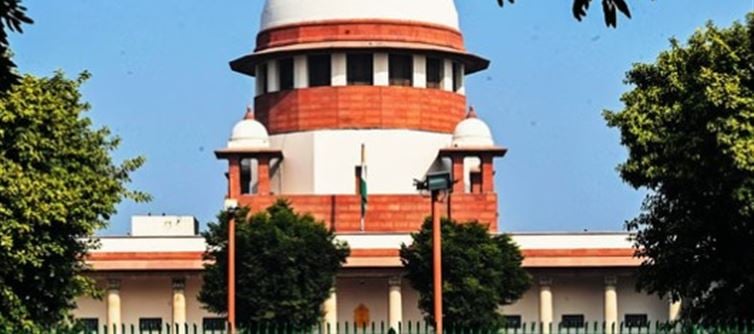
Supreme Court: airport Officials Must Be Sensitized to Existing Laws
Key Observation:
The supreme court emphasized the need for regional agencies operating at international airports to sensitize and train their officials about existing laws before taking severe actions such as detaining or arresting travelers.
Bench Details:
The observation was made by a bench of Justices vikram Nath and sandeep Mehta while hearing a case involving Non-Resident indian (NRI) rocky Abraham.
Case Background:
Rocky Abraham, an indian citizen residing in italy for over 20 years, was detained at the delhi international airport in january 2025.
He was accused of carrying deer horns in his luggage, allegedly violating the Wildlife (Protection) Act, 1972.
Airport officials registered an FIR under Sections 39, 49, and 51 of the Act and proceeded to arrest him.
Detention and Bail:
Abraham remained in custody for nearly two weeks.
He was later granted bail, but with strict conditions, including a ban on leaving India.
Forensic Findings:
A dna test later revealed that the seized item was a reindeer horn, which does not fall under India’s wildlife protection prohibitions.
Supreme Court’s Ruling:
The court quashed the FIR, arrest, and all related proceedings, declaring them completely illegal.
It criticized the lack of awareness and due diligence by airport authorities.
The court warned that uninformed or hasty actions by officials could violate human rights and harm India’s international image.
Court’s Directive:
Agencies at international airports must educate officials about relevant laws and ensure they seek legal advice before taking drastic measures like arrest or detention.
Significance:
The judgment highlights the importance of legal literacy, procedural caution, and respect for travelers’ rights at international ports of entry.
Disclaimer:
The information contained in this article is for general informational purposes only. While we strive to ensure accuracy, we make no warranties or representations of any kind, express or implied, about the completeness, accuracy, reliability, suitability, or availability of the content. Any reliance you place on the information is strictly at your own risk. The views, opinions, or claims expressed in this article are those of the author and do not necessarily reflect the official policy or position of any organization mentioned. We disclaim any liability for any loss or damage arising directly or indirectly from the use of this article.




 click and follow Indiaherald WhatsApp channel
click and follow Indiaherald WhatsApp channel